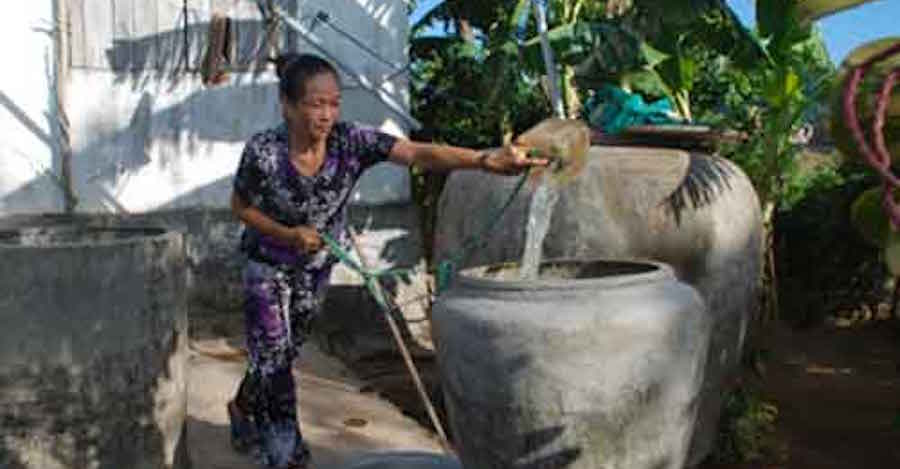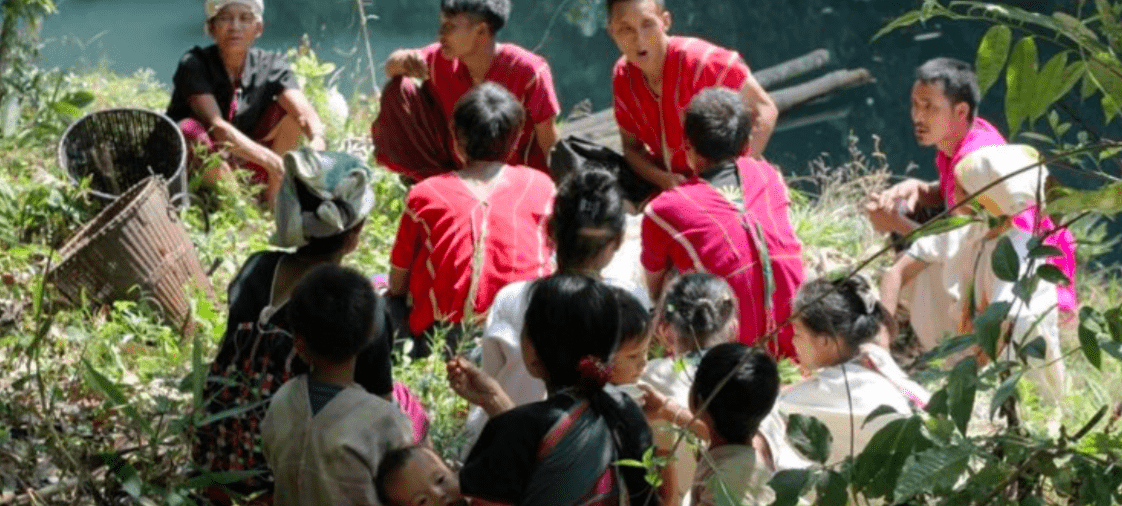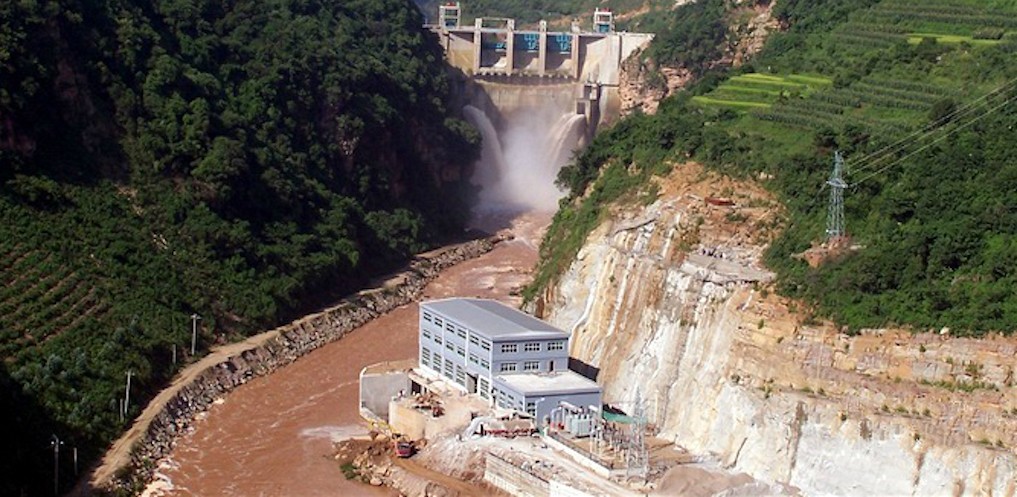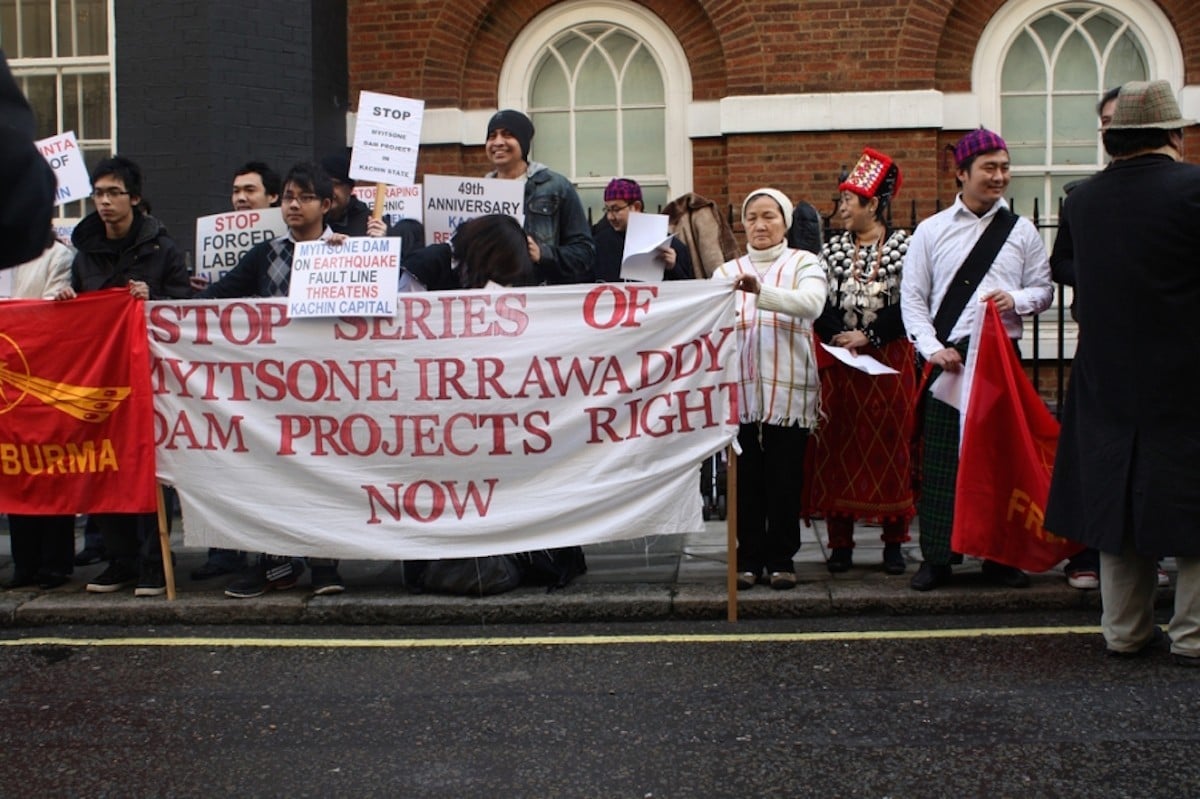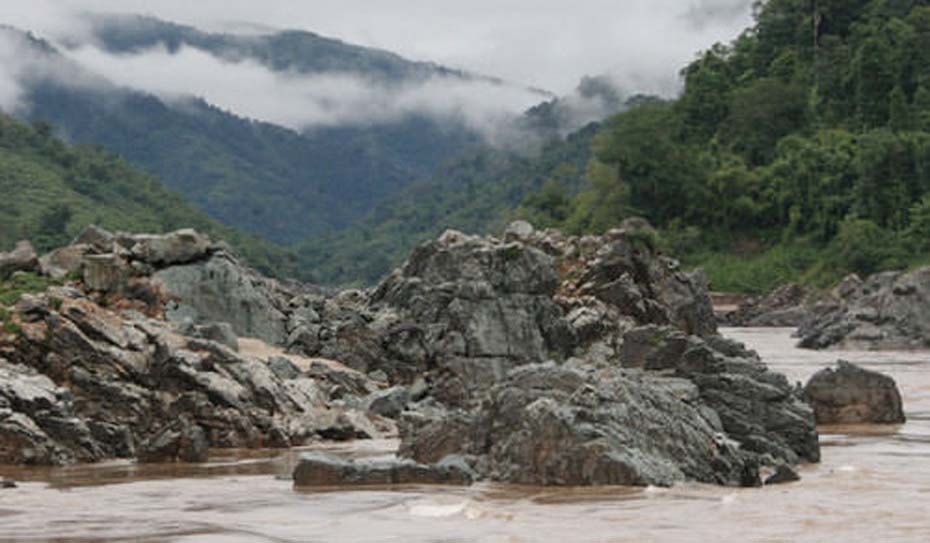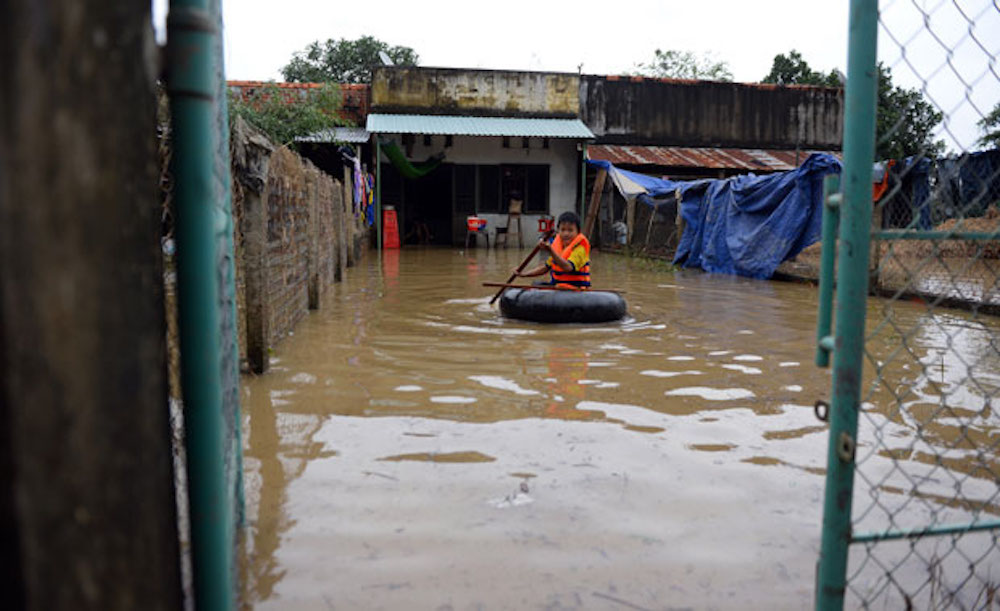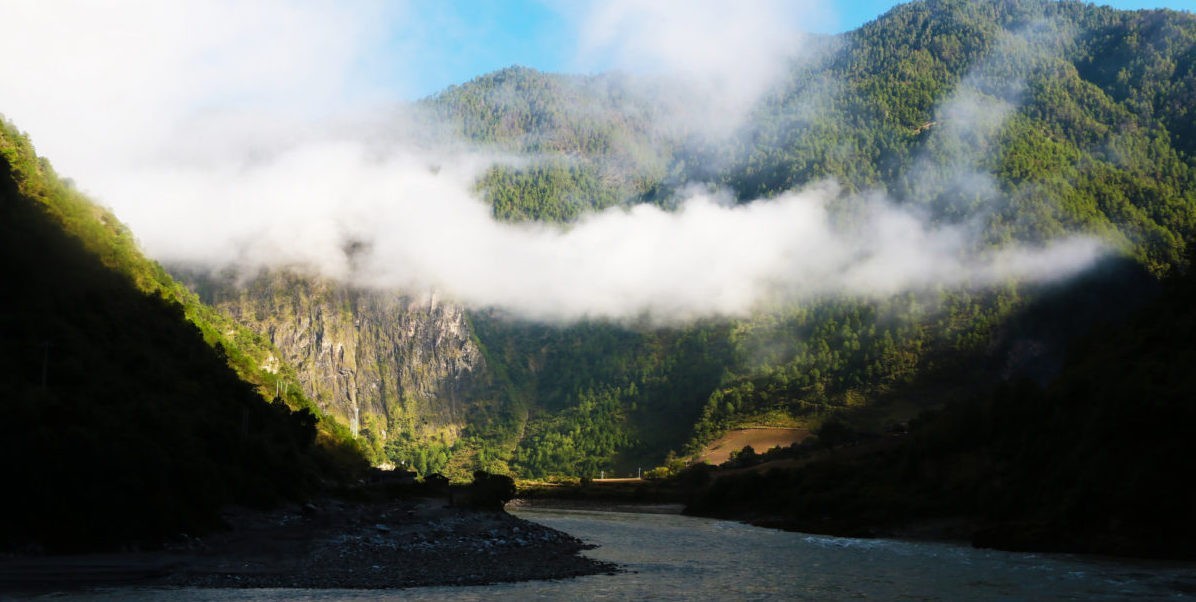In the first months of 2016, when the north saw record spells of cold, the central and southern regions suffered a historic drought and saline intrusion caused by El Nino.
Tag: Water Management
The Salween Peace Park: A Radical, Grassroots Alternative to Development in Karen State
A path has opened for environmental conservationists and rights advocates to strengthen their fight against gold mining and other socially and environmentally destructive projects in the rich forests of Karen State in eastern Burma: the Salween Peace Park.
Hydro expansion will fail without energy market reform
Energy demand in China is slowing. This is causing a major headache for the hydropower sector, which has invested heavily in new projects in recent years. The continued construction of hydropower, as with coal, has led to surplus capacity, tumbling profits and an unbalanced national energy system.
The NLD should start 2017 by scrapping the Myitsone dam
Julian Kirchherr and Matthew J. Walton The beginning of the year is always a time of prediction and thus peak season for pundits. Twelve months ago, many pundits on Myanmar predicted the National League for Democracy-led government would, once it assumed power, quickly scrap the controversial Myitsone dam project. Three reasons were provided for this prediction. First, […]
Spare the Mekong
The Prayut Chan-o-cha government made an out-of-the-blue decision that paves the way for the demolition of the Mekong River’s rocky outcrops for the sake of “improved waterway navigation”.
The justification offered is both weak and unjustified. The public was neither consulted nor informed while the well-being of the ecology of the world’s tenth longest river is at risk. And the party gaining the most significant trade benefits will obviously be China.
Fight against dams along the Irrawaddy River
The Myanmar government decided in February, 2011 to postpone the Myitsone hydro-electricity dam which is to be built at the upper stream of the Ayeyarwady River. The justification was that the project would be harmful to the country’s economy and society.
Dam Design and Greed May Factor Into Flood Devastation in Vietnam
The poor design and management of Vietnam’s power-generating dams are likely one of the main factors that led to recent deadly floods that inundated the country’s central provinces, experts tell RFA.
Flooding over the past two months has devastated Vietnam’s central provinces, killed dozens of people and caused millions of dollars in economic damage as unusually heavy rain has pelted the country.
Managing the Mekong’s Economy for Whom?
“Water is liquid capital” proclaims the lead-out of World Wide Fund for Nature’s new report “The Role of the Mekong in the Economy.” Released earlier this month at the 2016 Mekong Forum on Water, Food and Energy, the report’s findings stress that despite the Mekong’s central role to the economies of countries in the Lower Mekong Basin, river management decisions are not being coordinated with long term economic development, nor planning efforts. Unless decision makers start considering the connections between water choices and economic development, the region’s prosperity seems destined for trouble.
Dam’s impacts being felt
Residents of Stung Treng province’s Preah Romkil commune are reluctant to express their concerns over Laos’s Don Sahong hydropower dam since it was endorsed last month by Prime Minister Hun Sen, despite the impacts of the dam already being keenly felt, activists and researchers said yesterday.
Hun Sen last month announced his support of the controversial project, expressing hope that Lao would sell electricity to Cambodia at a low price, but activist Chum Hout said yesterday that since the endorsement, community members are fearful of lodging complaints. “We appeal to Samdech [Hun Sen] to stop supporting this project . . . Fishing has seriously fallen,” Hout said.
Damming the Salween: what next for Southeast Asia’s last great free-flowing river?
It’s difficult to encapsulate, as an outsider, how significant the Salween is in the hearts, minds and identities of the ethnic communities who live in its watershed. “From the Land of Green Ghosts,” Pascal Khoo Htwe’s autobiographical account of life in conflict-ridden eastern Myanmar is flecked through with references to the “legendary River Salween,” the river he refers to as “an old friend or a lover.” Meeting with Salween riverine communities in Myanmar today, Pascal Khoo Htwe’s depiction of his relationship with the river burns strong – they still talk about it all the time.


